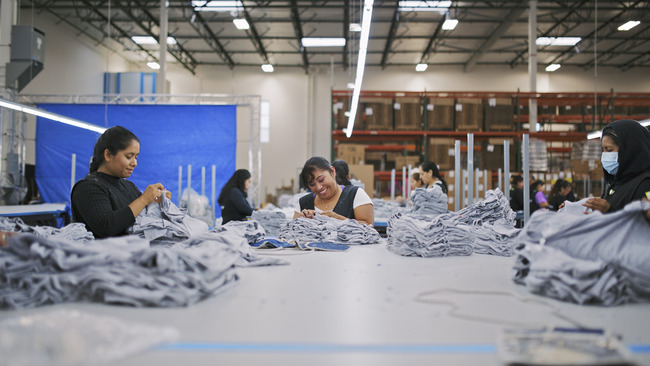Honest Policies
The ethical practices of fashion brands are facing more scrutiny than ever. How are companies wising up to this and doing the right thing?
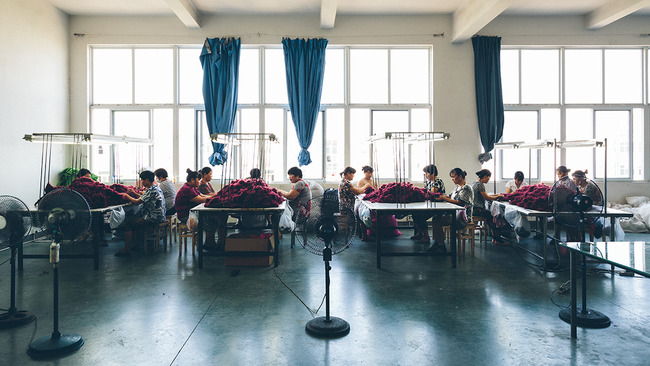
In April 2013, when the Rana Plaza clothing factory near Dhaka in Bangladesh collapsed – killing more than 1,000 workers – Western brands that sourced product there found themselves under tremendous scrutiny. The incident exposed the dubious ethics of Western clothing brands and their supply systems.
Today, thanks to technology, consumers are more aware of the source of the goods they purchase. Buycott, for instance, is an app that lets anyone who downloads it check what company, and therefore what causes, a product is associated with, simply by scanning an item’s barcode. It’s all looking a bit worrying for those companies whose record is not as clean as it might be.
There are, however, a growing number of brands which, mindful of public concern, are taking a lead in allaying consumer worries over where product comes from, and how it is made. These brands are not only promoting ethical production, but also adopting a strategy that places transparency at its core. New York’s Everlane, founded in 2010, is one clothing label which has adopted a pro-active approach.
The brand, which specialises in basic knitwear, t-shirts and accessories, highlights the entire production process on its website, such as the factories where products are created, using compelling photography to document the conditions of their workers. It also explains the exact profit mark-up of each garment. The company calls this ‘radical transparency’. “We’ve always wanted to push ourselves to make the best possible product and be fair with customers,” explains Everlane’s founder, Michael Preysman.
“Being transparent allows other people to understand our philosophy and believe in what we stand for as a company.” Being transparent allows other people to understand our philosophy and believe in what we stand for as a company.
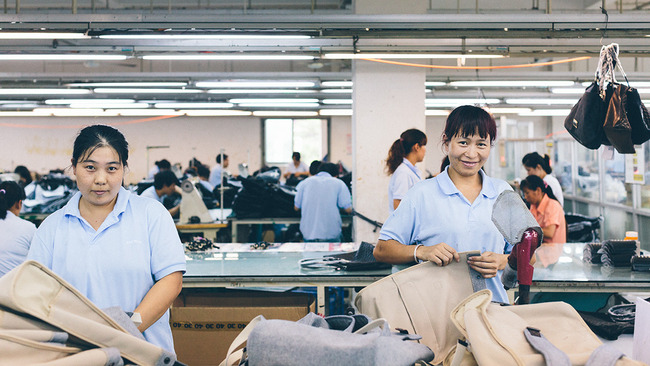
Honest By, an independent clothing label based in Antwerp, has a similar strategy. The brand uses its website to reveal its production processes, information about the materials it uses and has a full breakdown of its pricing structure. “We communicate all the names and addresses of our suppliers,” explains Honest By’s founder, Bruno Pieters. “We even give the name and addresses of all our manufacturers. For a customer, the whole product is 100% transparent.”
With this new wave of transparent labels creating fashion products that are both sustainably produced and stylish, online platforms are now emerging that offer a one-stop destination for discerning consumers. Zady, based in New York, launched in 2013 when friends Soraya Darabi and Maxine Bédat worked together to create a platform for companies that care about ethical manufacturing and good construction. A simple badge system is used to signify the credentials of every product, from where it was produced to where materials were sourced. The site also uses editorial content to detail specific product heritage.
“It’s all part of the current zeitgeist,” explains Bédat. “We wanted to be a helpful part of it. The site is for those people who already know the origins of the food they eat, exercise regularly to feel good, and now would also like to feel healthy about the products they place on their bodies.”
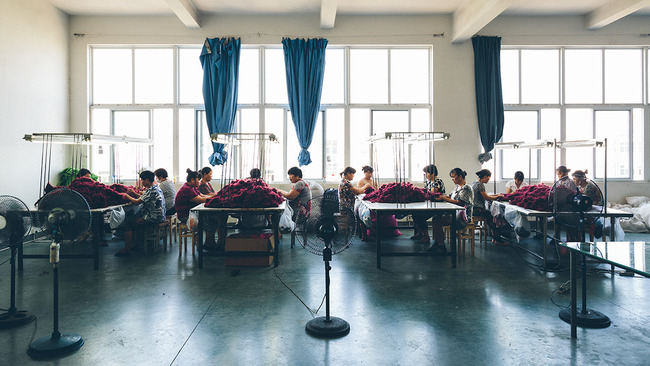
It’s not just smaller brands that are opening themselves up for scrutiny. Swedish denim brand Nudie, for instance, has created a manufacturer’s map on its website that highlights its production locations. Nike, a brand with a history of controversy surrounding its production methods, has launched an online database that lets consumers discover its manufacturing process, from the first phase of product creation to the livelihood of workers in the factories.
Zady’s Maxine Bédat expects to see this level of transparency become standard practice within the clothing industry – particularly among those that have much to prove. “In the same way that Walmart, the apex of all things mass, now includes organic food choices – something that would have been unthinkable a decade ago – fast fashion brands will have to fundamentally change their structure to convince customers that their clothing is both ethically produced and can stand the test of time,” she explains.
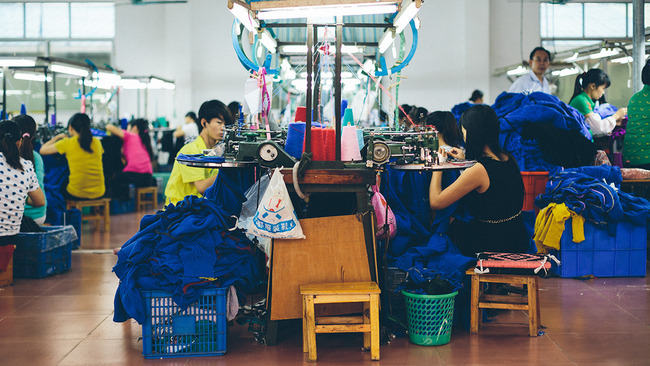
When consumers have all this information at their disposal, the responsibility may well fall on them, as much as it does on the brands themselves, to make the right ethical decision. Honest By’s Bruno Pieters believes this will be the case. “As customers we are more important than any designer or editor,” he explains. “Every purchase we make – or don’t make – is a message to the industry. Every pound we own is a tool and an opportunity for change.”
